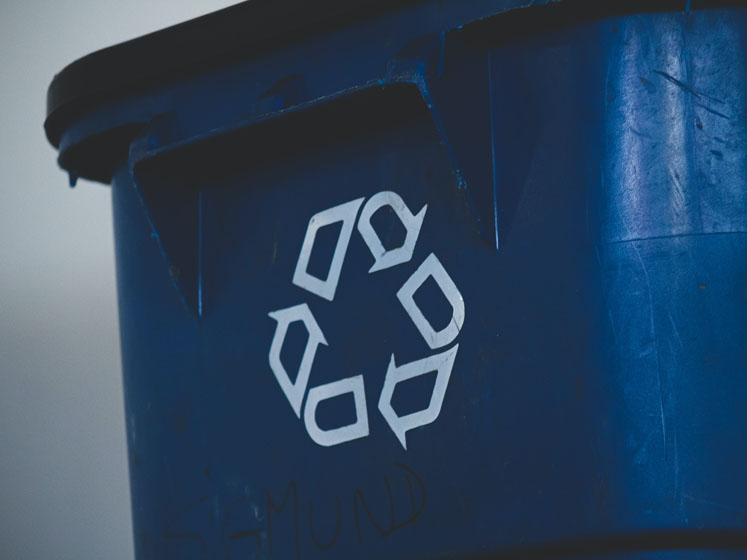The manufacturing and construction sectors account for 16% of the total UK carbon emissions. In an industry that produces significant carbon emissions, manufacturing businesses have a big part to play in reducing their environmental impact and meeting the government’s net zero target.
And it’s not just government pressure. There is increasing pressure from consumers and potential employees. As more customers gravitate towards sustainable brands and businesses, companies need to adapt their business practices to become more sustainable.
Taking a stance and becoming more environmentally friendly can make you much more attractive as a business. So, what can businesses do to reduce their environmental impact and how can you make sure you bring benefits to your business as well as the planet?
Why is it important for manufacturers to reduce their carbon footprint?
Manufacturing products for today’s world produces a lot of greenhouse gasses. In fact, according to the World Economic Forum, one fifth of the world’s carbon emissions come from manufacturing and production, consuming 54% of the world’s energy sources.
Considering this impact, it’s clear to see why there’s an urgent need for manufacturing companies to address their responsibilities and reduce their carbon footprint. From a business perspective, it’s also important because it benefits the bottom line.
What can manufacturers do to reduce their environmental impact?
Putting sustainability at the centre of your business strategy can add real value to your business, helping you save costs and give you a competitive advantage. From small, simple steps to long-term strategy plans, there are many ways businesses, both big and small, can reduce their environmental impact.

Reduce, reuse, recycle
One of the main goals for businesses should be to reduce waste and use less. This could mean looking at ways to reduce packaging or reuse packaging. When that’s not possible the next step should be to recycle. This is a simple but effective way to reduce your organisation’s carbon footprint. Having a recycling system in place will also nurture a greener culture, building employee awareness and engagement to be more environmentally friendly.
Choose sustainable suppliers
Making sure your business is playing its part to protect the environment is great but what about the businesses you work with? By choosing to work with sustainable suppliers you can make sure you’re reducing your environmental impact across your supply chain.
Ask suppliers for their sustainability objectives and metrics and look for evidence that these policies are put into practice. You can also check if a supplier uses a certified environmental management system such as ISO 14001 to reduce their environmental impact.
Implement an environmental management system
ISO 14001 is the International Standard for environmental management systems and can be achieved by any business, regardless of size or sector. ISO 14001 is designed to help businesses identify, manage, and reduce the environmental impact of their business.
With improved efficiency businesses can maintain at least the same quality and level of output, while using less energy. Gaining ISO 14001 certification demonstrates your commitment to reducing waste and minimises how your business negatively impacts the environment.
What benefits can ISO 14001 certification bring to your business?
There are many business benefits to achieving the ISO 14001 Standard, from meeting legislation and demonstrating your green credentials to reducing waste and improving efficiency. By using the ISO 14001 framework, organisations can benefit from
- reduced environmental impact
- cost savings from resource, waste, and energy management
- an improved corporate image showing you are a responsible employer
- a competitive edge to win more tenders by showing your environmental awareness
- a happier and more engaged workforce
- legislative compliance.
With increasing focus from government and consumers on what businesses can do to tackle climate change, ISO 14001 can help businesses prove their green credentials whilst improving their performance and reputation.
